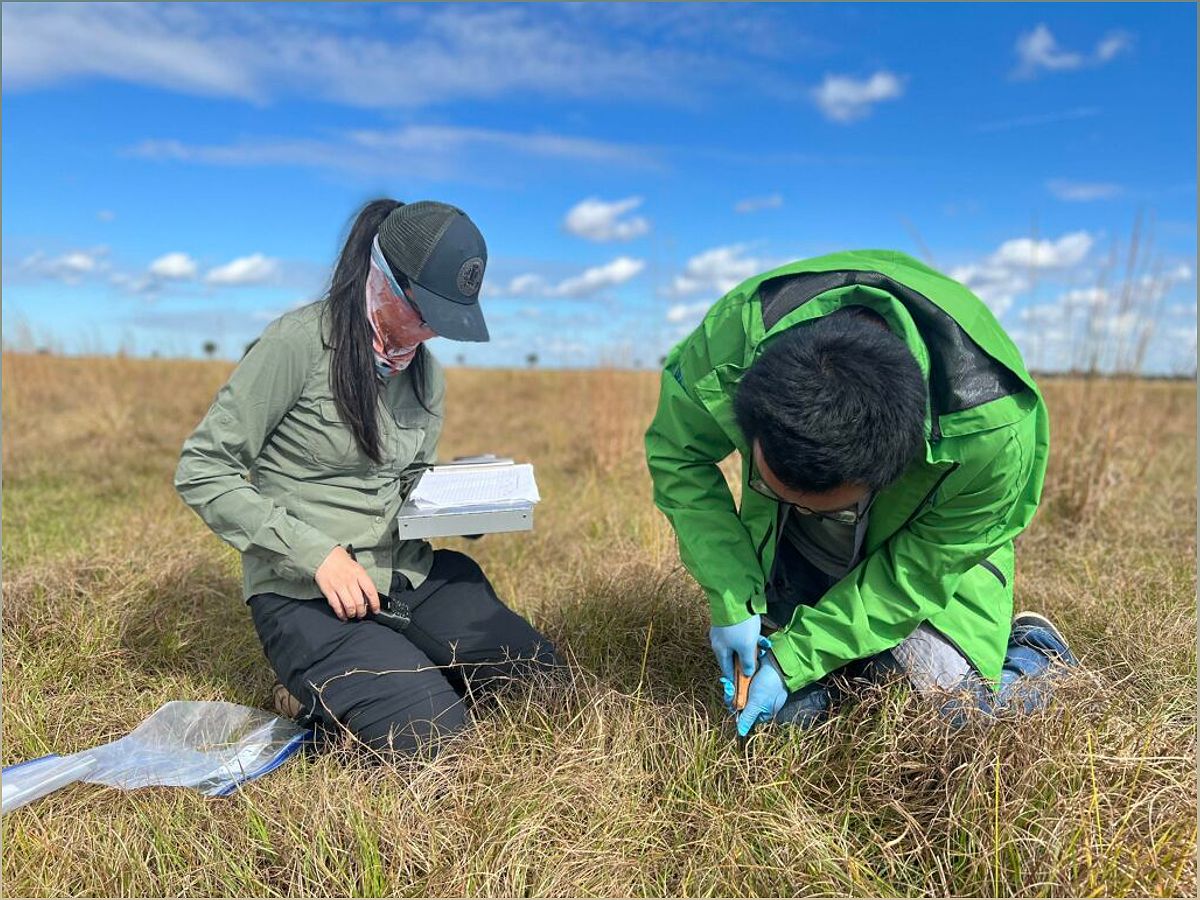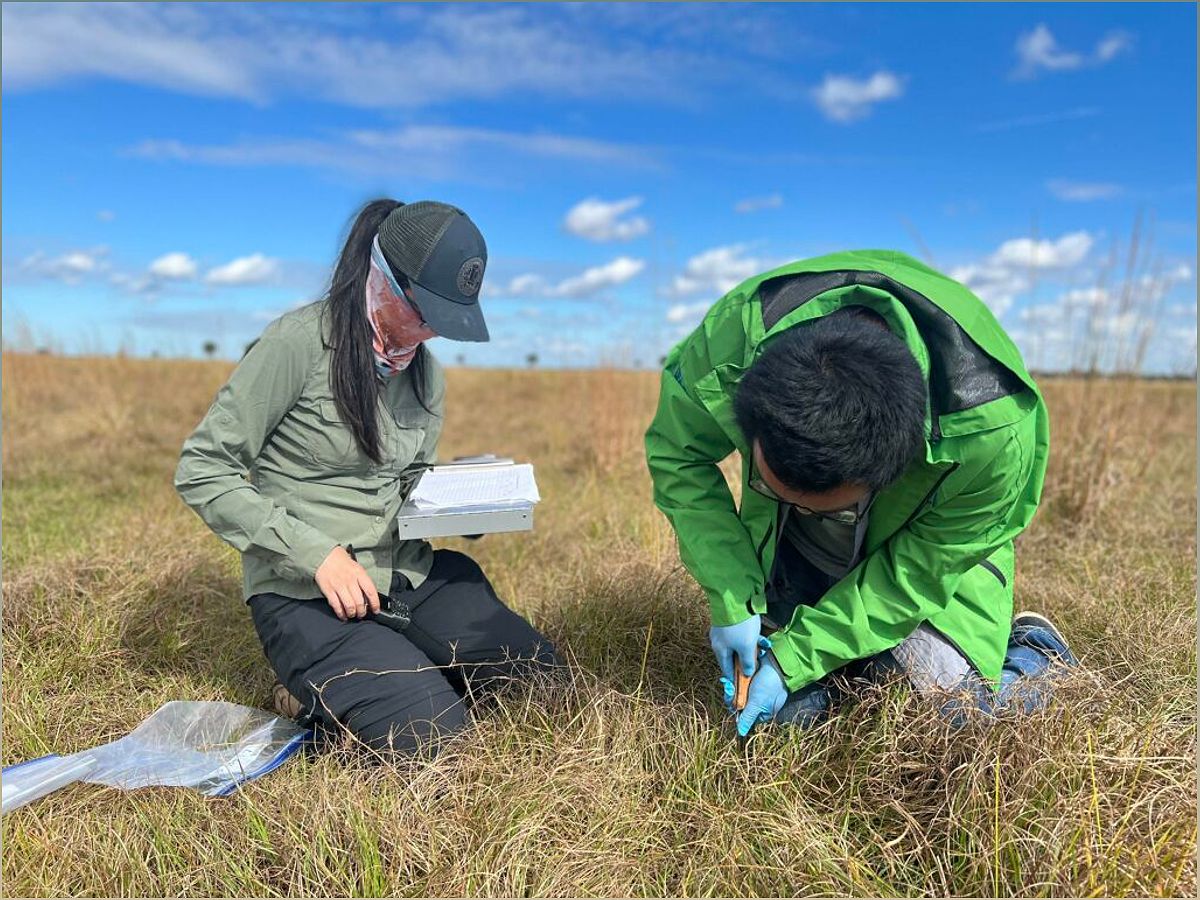A recent study explores the effects of agricultural land intensification on Florida's interconnected grasslands and wetlands, highlighting the tradeoffs and potential for sustainable practices. The findings emphasize the need for a multifunctionality and landscape perspective in land-use planning.
Exploring the Impact of Agricultural Intensification on Florida Grasslands and Wetlands
Florida's grasslands and wetlands are crucial ecosystems that provide numerous benefits to humans and the environment. This study delves into the effects of agricultural land intensification on these interconnected landscapes, shedding light on the tradeoffs and potential for sustainable practices.
The Study's Findings: Balancing Productivity and Environmental Impact
According to the research, sustainable agricultural intensification can enhance livestock production and forage quality in both grasslands and wetlands. However, it also negatively affects water quality regulation, methane mitigation, resistance to non-native species invasion, and biodiversity. Despite these drawbacks, the study highlights the potential for sustainable intensification to improve ecosystem service multifunctionality.
The impacts of intensification on grasslands extend to interconnected wetlands, emphasizing the importance of considering spatial flows and resource interactions when studying land-use effects on these ecosystems.
Considerations for Sustainable Agriculture and Land Management
Policymakers, land managers, and conservationists can make informed decisions by adopting a multifunctionality and landscape perspective in land-use planning. A comprehensive framework that assesses the cascading effects of land-use intensification at different scales can provide a better understanding of ecosystem impacts and guide decision-making.
Understanding the tradeoffs and synergies across scales is crucial for effective intensification strategies. Striking a balance between food production, rural economy, and ecological sustainability is key to protecting grasslands and wetlands while supporting a productive agricultural sector.
Conclusion: Sustaining Florida's Grasslands and Wetlands
This collaborative study offers valuable insights into the consequences of agricultural land intensification on Florida's grasslands and wetlands. By considering the multifunctionality and interconnections of these ecosystems, policymakers and land managers can make informed decisions to achieve sustainable intensification while minimizing negative environmental impacts. A balanced approach that protects valuable ecosystems while supporting a productive agricultural sector is crucial.
Through collaboration between universities, government agencies, and conservation organizations, these findings can be translated into practical management implications and conservation actions to sustain Florida's grasslands, working ranches, and wetlands.


